Nalanda’s First Principal -Dr. Gunapala Malalsekera Dr Gunapala Malalasekera’s 50th death anniversary falls on 23rd April 2023
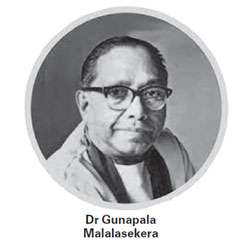 It was a very rare achievement for a new school to receive the services of a scholar of repute of the 20th century as its first Principal. In November 1925 ‘Nalanda Vidyalaya’ was registered as a School but it was only in January 1926 that Dr Gunapala Piyasena Malasekera assumed the office of Nalanda’s first Principal. In fact, Dr. Malalasekera during December 1925 had communicated with the general public through newspaper advertisements as the Head of Nalanda. Since 1925 to date, Nalanda had 16 Principals guiding this centre of learning for 9 decades with the eminent scholar, the erudite Dr Malalasekera being its first leader.
It was a very rare achievement for a new school to receive the services of a scholar of repute of the 20th century as its first Principal. In November 1925 ‘Nalanda Vidyalaya’ was registered as a School but it was only in January 1926 that Dr Gunapala Piyasena Malasekera assumed the office of Nalanda’s first Principal. In fact, Dr. Malalasekera during December 1925 had communicated with the general public through newspaper advertisements as the Head of Nalanda. Since 1925 to date, Nalanda had 16 Principals guiding this centre of learning for 9 decades with the eminent scholar, the erudite Dr Malalasekera being its first leader.
Dr Malalasekera was an erudite Scholar, Academic, Diplomat, Linguist and Educationist of the highest caliber. Dr Malalasekera was born in Malamulla Panadura, had his education at St. Johns College Panadura. He had to forego his medical education due to the untimely death of his father and became a teacher and joined Ananda College. Later Mr.P.de.S Kularatne -the Principal of Ananda College, appointed him as the Vice Principal of Ananda before he sailed to England to do his PhD prior to taking over the reins as the first Principal of Nalanda. Dr Malalasekera served as a lecturer at the University College Colombo and lectured in English on Sinhala, Pali and Sanskrit for the University of London degree examinations.
He was appointed the Professor of Pali and Buddhist Studies and the Head of the Department of Pali when the University College became University of Ceylon. He also became the Dean of Oriental Studies later. He counts years of experience as a diplomat heading our diplomatic missions. He was appointed as the first Ambassador to the Soviet Union in 1957 and was concurrently appointed to serve as the first Ambassador to Czechoslovakia, Poland and Romania. In 1963 he was again appointed as the High Commissioner for United Kingdom.
He also had the opportunity to function as the High commissioner for Canada and Ceylon’s Permanent Representative to the United Nations in New York. Dr. Malalasekera had also been holding many important positions, he served a long period as the President of the All Ceylon Buddhist Congress from 1939-1957, before that he held the posts of Vice President and Secretary of the same Association He also served as the President of the World Fellowship of Buddhists from1950-1958 which was an association formed with his initiation. He was also the President of Ceylon Art Society.
Nalanda was a brain child of her founder Mr. P. de. S Kularatne, one of the most accomplished educationists of the 20th century in Sri Lanka. He would have wanted a different kind of a seat of learning which follows the Buddhist philosophy and Buddhist practices, free of politics and with ethnic and religious harmony, treating every student equally and producing well rounded personalities. He selected an ideal salubrious location for the school that was to be modeled in the lines of ‘Nalanda University’ India.
Ideally the name “Nalanda’ for the new school was suggested by Venerable Balangoda Ananda Maithree Thero, who was at that time serving in the staff of Ananda college where Mr. Kularatne was the Principal. Kularatane – Malalasekera combination gave Nalanda the real push it wanted to be among the best of schools from the beginning. It was said that to some extent his role was somewhat made easy by Mr Kularatne as he transferred the best of the students and teachers to Nalanda from Ananda. Yet Dr. Malalasekera had guided the new school effectively and efficiently to be amongst the best in the country in a short period.
Mr. P. de. S Kularatne virtually ear marked Malalasekera to head his new institution as its first Principal, when he was away in England for his Doctoral Studies. Mr. Kularatne would have wanted the new institution to be successful in a very short time. Although Nalanda was the new kid, the standard of Nalanda soon became on par with that of Ananda. Dr Malalasekera gave the direction and guidance to the committed staff, most of them being his former colleagues from Ananda. Nalanda soon made a reputation for academic rigour and excellence and became popular and demand for admissions to Nalanda increased manyfold. ‘Nalanda Kusum Dina’ a project to raise funds for Nalanda infrastructure development was introduced by him.
It was to get public participation to fund the infrastructure development at Nalanda. The project was a tremendous success as those from the richest to the poorest of the poor contributed to this fund. It was rumoured that a lady donor had donated a rug to sell and realised cash as she didn’t have liquid cash with her to offer. By this project Dr. Malalasekera made the public a worthwhile stakeholder of Nalanda. Out of these funds another building similar to the building that existed at that time was constructed. These two buildings have become the iconic infrastructure of Nalanda. This building ideally would have been named Malalasekera Building as the other iconic building had been named Kularatne building.
Dr Malalasekera and Mr.P de S Kularatne the two progressive educationists were among the first to wear a dress similar to the present National Dress, they were seen wearing this at the Battle of Maroons in March 1926 as illustrated in the www. battleofthemaroons.lk web site. Nalanda paid its gratitude to its first Principal Dr. Malalasekera by naming their theater hall ‘Malalasekera Hall’. Nalanda owes much to these two great educationists the founder Mr. Kularatne and their first Principal Dr Malalasekera whose combination laid the foundation to produce one of the best educational institutes of international repute. - Athula Jayasekera
















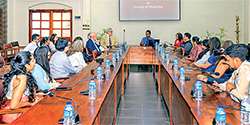
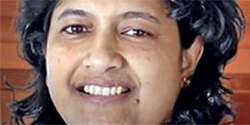


















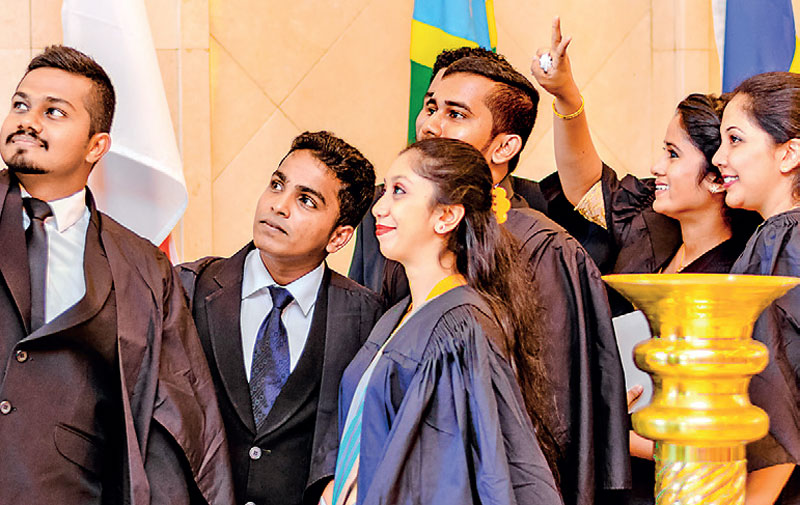

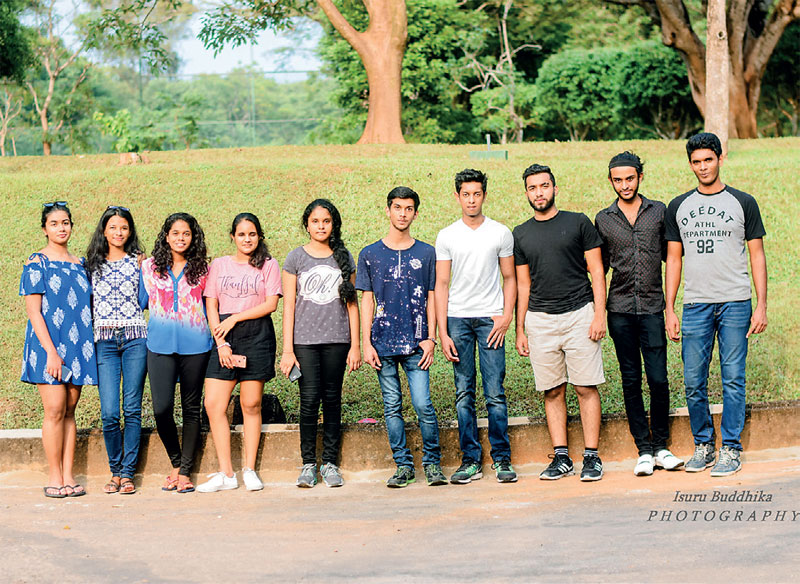
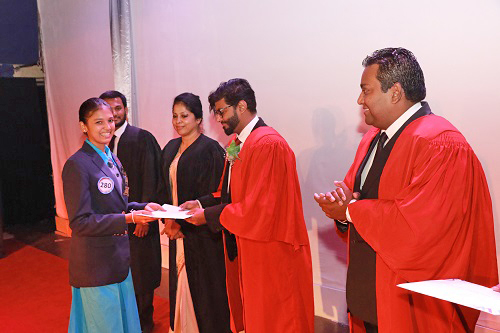
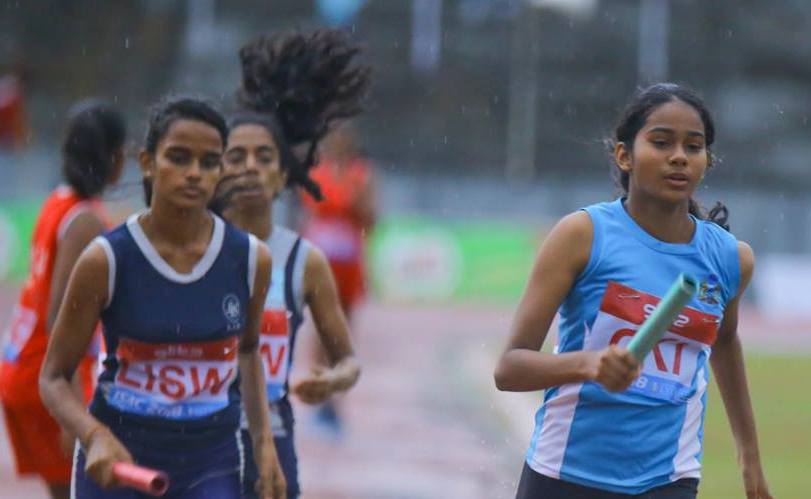
.jpg)
.jpg)
.jpg)

.jpg)
.jpg)
